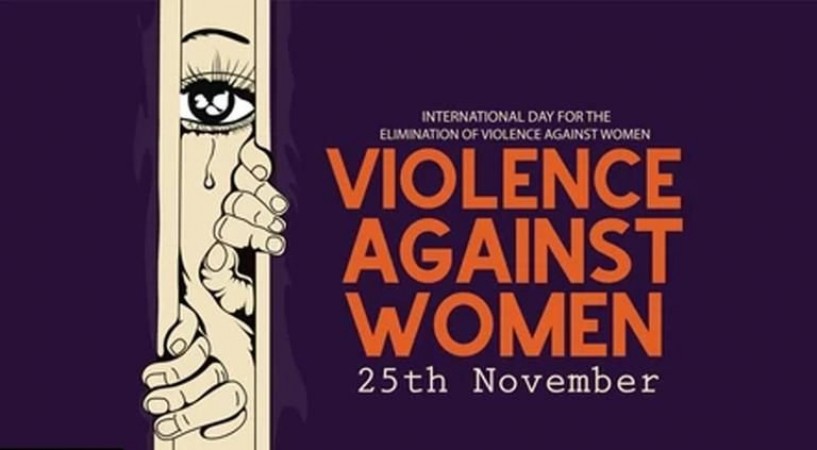
The United Nations in Afghanistan has urged for concrete efforts to end violence against women on the International Day for the Elimination of Violence Against Women (EVAW), which is observed on November 25.
Gender-based violence remains a serious threat to women and girls, as well as a major impediment to long-term development and peace. The Covid-19 pandemic and the humanitarian crises have exacerbated violence against women, which has been dubbed a "shadow pandemic."
One in every three women worldwide has been subjected to physical or sexual violence, the majority of which has been perpetrated by an intimate partner. Afghanistan has one of the highest rates of violence against women in the world, with nine out of ten women experiencing intimate partner abuse at some point throughout their lives. "To combat this shadow pandemic, we must work together. We must change attitudes that humiliate survivors and enable violence, and we must support services for survivors to prevent violence "Deborah Lyons, the Secretary-Special General's Representative in Afghanistan, emphasised as much.
The international community must pay attention to the voices and experiences of Afghan women and girls, especially survivors of violence and those who confront various and overlapping forms of discrimination, and respond quickly to their needs.
Due to constraints on women and girls' enjoyment of their rights and freedoms, particularly women's right to work and freedom of movement, violence against women and girls has escalated in Afghanistan. While the need for services has grown, survivors of violence have had a significant impact on access to critical services.
WHO warns Afghans: "3.2 million children will be victims of malnutrition"
Attacks by the ISKP in Afghanistan are a major source of concern